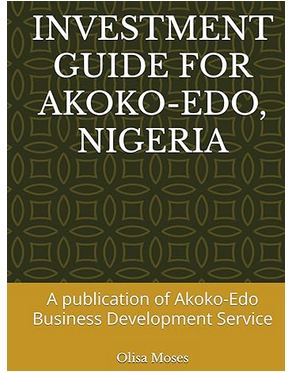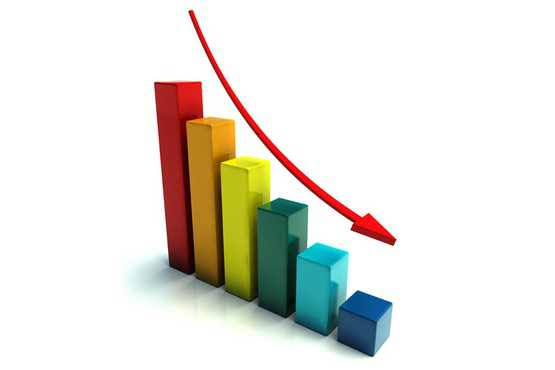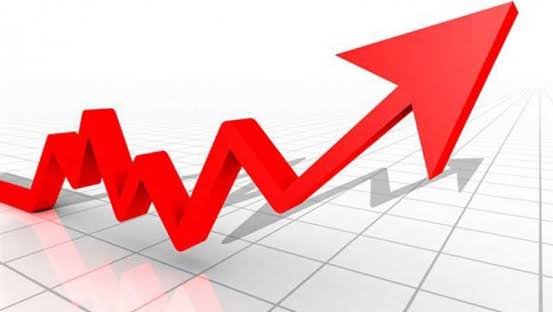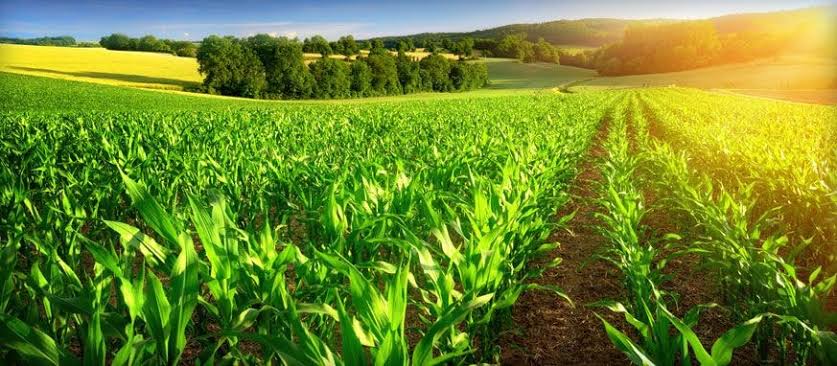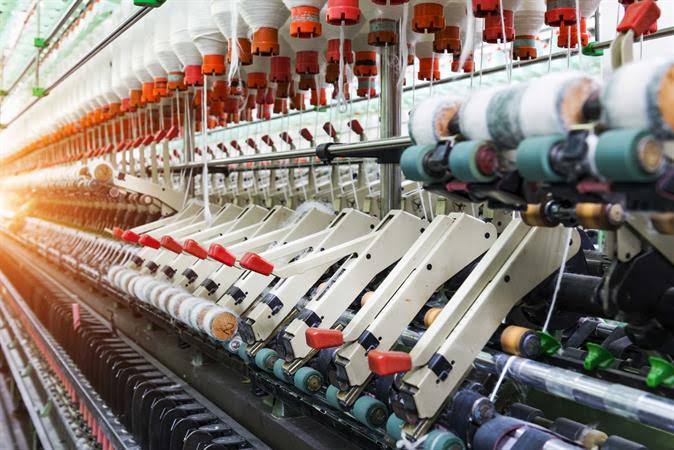Edo Economy

Description
The economy of Edo State, located in southern Nigeria, is diverse and includes agriculture, trade, manufacturing, and services. The state's economic activities reflect both traditional practices and modern developments, contributing to its overall growth and development.
Agriculture
Agriculture is a significant sector in Edo State's economy. The state benefits from fertile soil and favorable climate conditions that support the cultivation of various crops. Key agricultural products include yams, cassava, maize, plantains, and oil palm. Oil palm production is particularly important, with Edo State being one of Nigeria�s major producers of palm oil, which is used both locally and in international markets. The state also engages in livestock farming, including the rearing of cattle, goats, and poultry.
Trade and Commerce
Trade is a crucial aspect of Edo State�s economy. The state has vibrant market centers, such as those in Benin City, the capital, which serve as commercial hubs. These markets facilitate the exchange of agricultural products, crafts, and other goods. Edo State is well-connected to other parts of Nigeria and neighboring countries through road networks, which supports both local and regional trade. The state�s markets and trade activities contribute significantly to local incomes and economic activity.
Manufacturing and Industry
Edo State has a growing manufacturing sector, with industries involved in the production of goods such as building materials, processed foods, and textiles. The state has attracted investments in various industrial projects, including cement production and agro-processing. Notable industrial enterprises include the Benin Owena River Basin Development Authority, which engages in agricultural development and irrigation projects. The manufacturing sector plays a key role in diversifying the state�s economy and providing employment opportunities.
Services Sector
The services sector in Edo State includes financial services, education, healthcare, and tourism. Benin City, as the state capital, is a center for banking, insurance, and other financial services. The state has several educational institutions, including universities and polytechnics, which contribute to human capital development. Healthcare services are also a growing sector, with investments in hospitals and health centers. Tourism is an emerging area of focus, with attractions such as the Benin Bronzes and historical sites drawing visitors and contributing to the local economy.
Remittances and Migration
Remittances from Edo State individuals living abroad play an important role in the local economy. Many Edo people migrate to other parts of Nigeria or internationally for better opportunities, sending money back home to support families and invest in local enterprises. Remittances help stabilize the local economy and provide additional financial resources for development.
Challenges
Edo State�s economy faces several challenges, including inadequate infrastructure, fluctuations in agricultural commodity prices, and the need for greater industrial diversification. Additionally, issues such as environmental degradation, limited access to modern technologies, and occasional political instability can impact economic growth and development.
Opportunities
Opportunities for economic growth in Edo State include enhancing agricultural value chains, investing in infrastructure development, and expanding the industrial base. The state can also benefit from the growth of the services sector, including tourism and education. Government initiatives aimed at improving the business environment, supporting small and medium-sized enterprises, and promoting investment can contribute to economic development.
References
Idris, M.A. (2018). *Economic Development in Edo State: Agriculture, Trade, and Industry*. Benin City: Edo State University Press.
Osezua, E. (2020). "Economic Activities and Development in Edo State," *Journal of Nigerian Economic Development*, 9(2), pp. 74-89.
Egharevba, E. (2017). *The Manufacturing Sector and Economic Growth in Edo State*. Ibadan: Nigerian Economic Review Press.

Related Content
Opdwodowkdwiidwok djwkqdwqofhjqwlsqj jfkmclasdkjfjewlfjkwkdjoiqw fnedkwdkowfwhi jiowjiowhfiwkj rohriowjropwjrofwjrijeiwo edostatearchives.org
Opdwodowkdwiidwok djwkqdwqofhjqwlsqj jfkmclasdkjfjewlfjkwkdjoiqw fnedkwdkowfwhi jiowjiowhfiwkj rohriowjropwjrofwjrijeiwo edostatearchives.org
.png)
.png)
